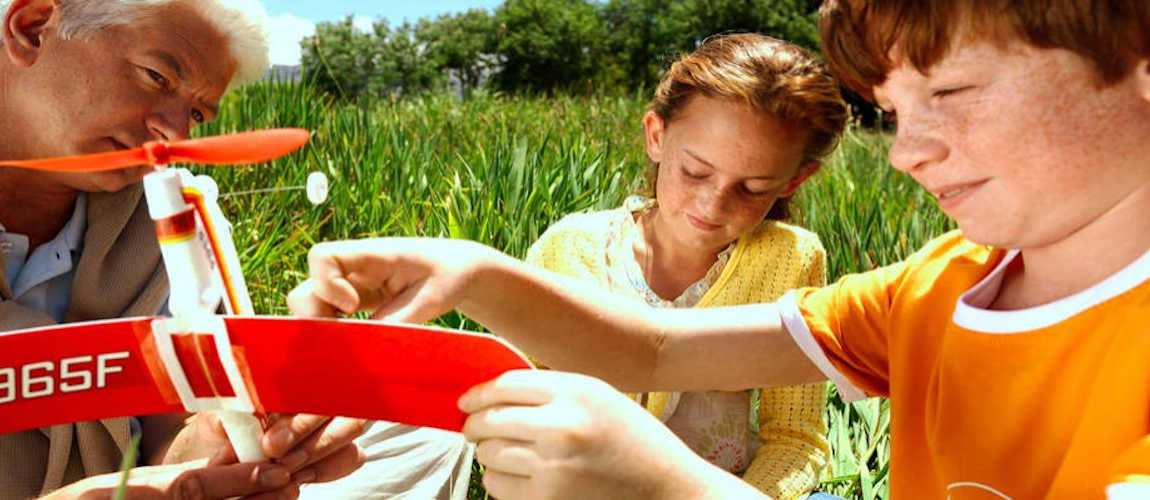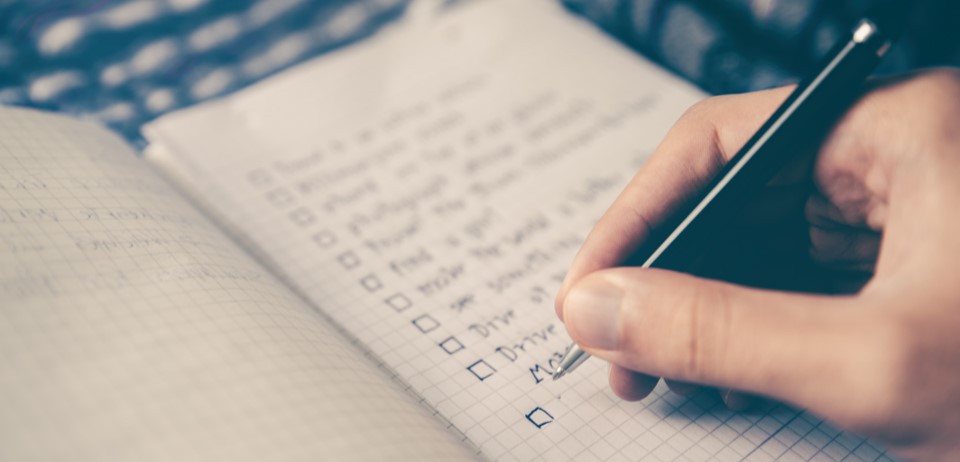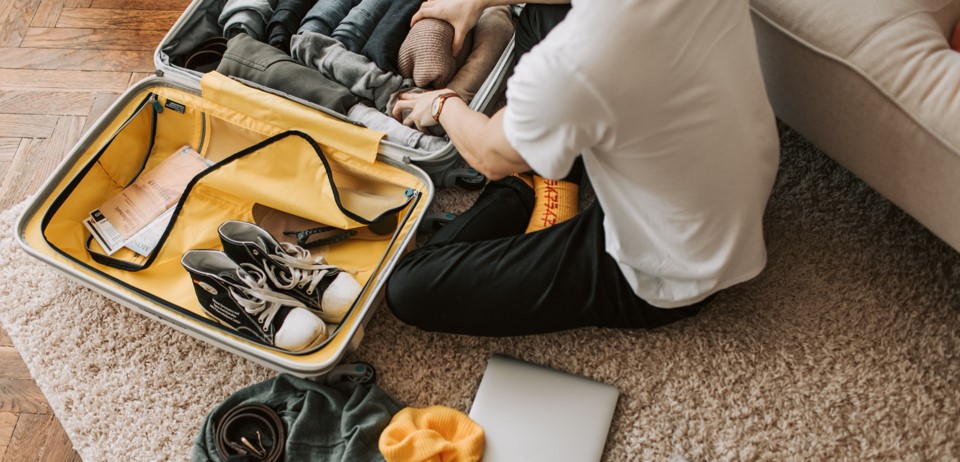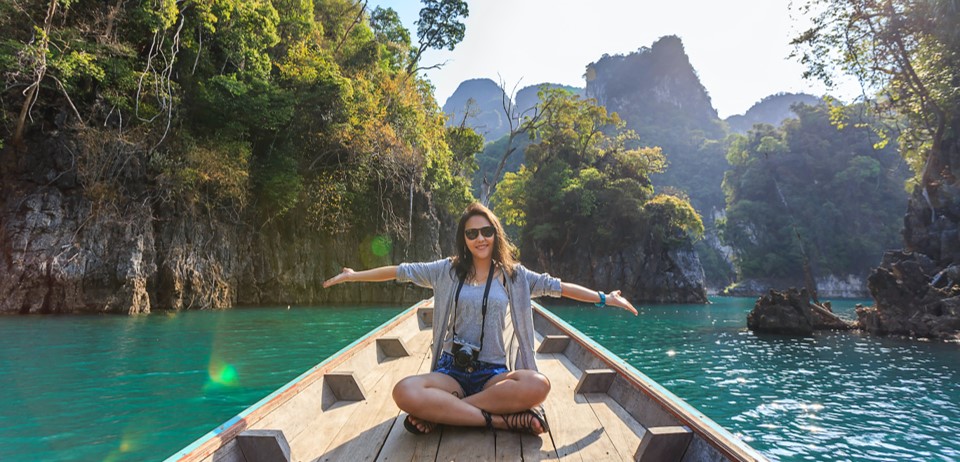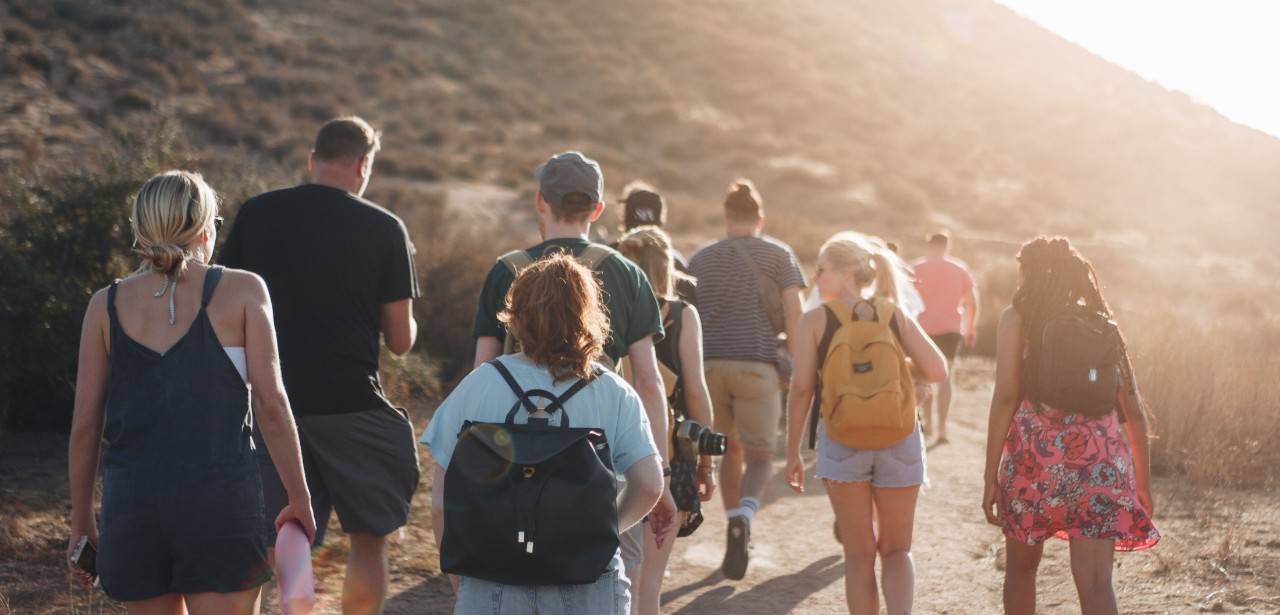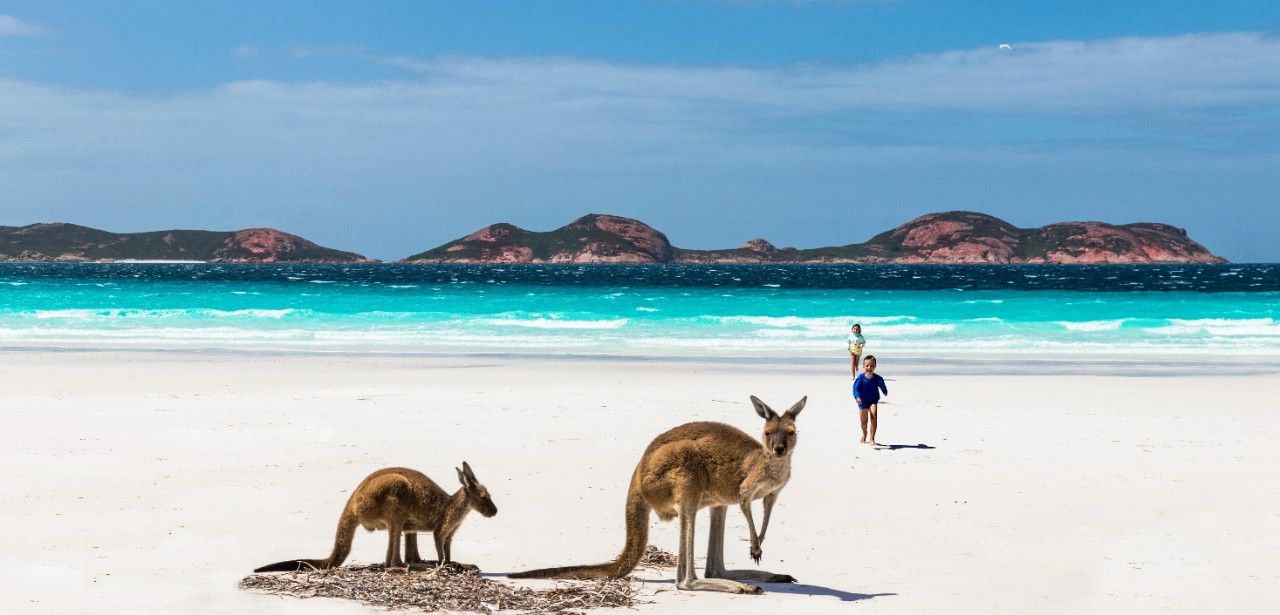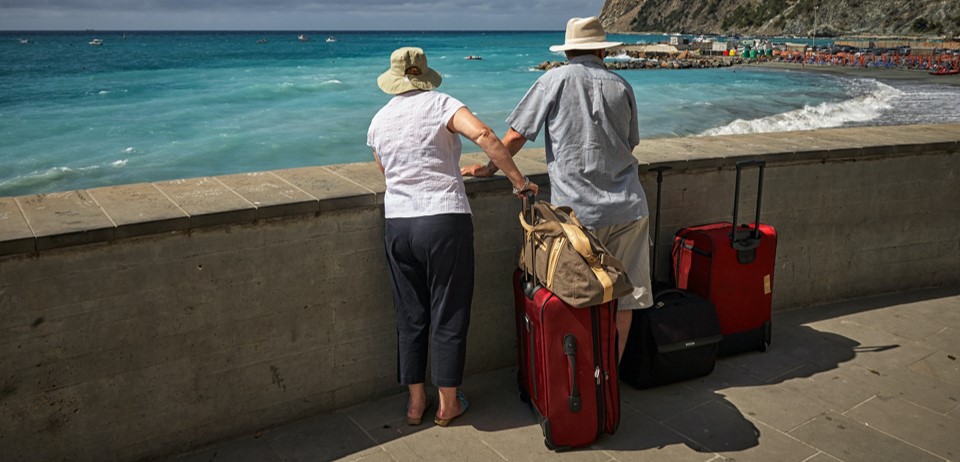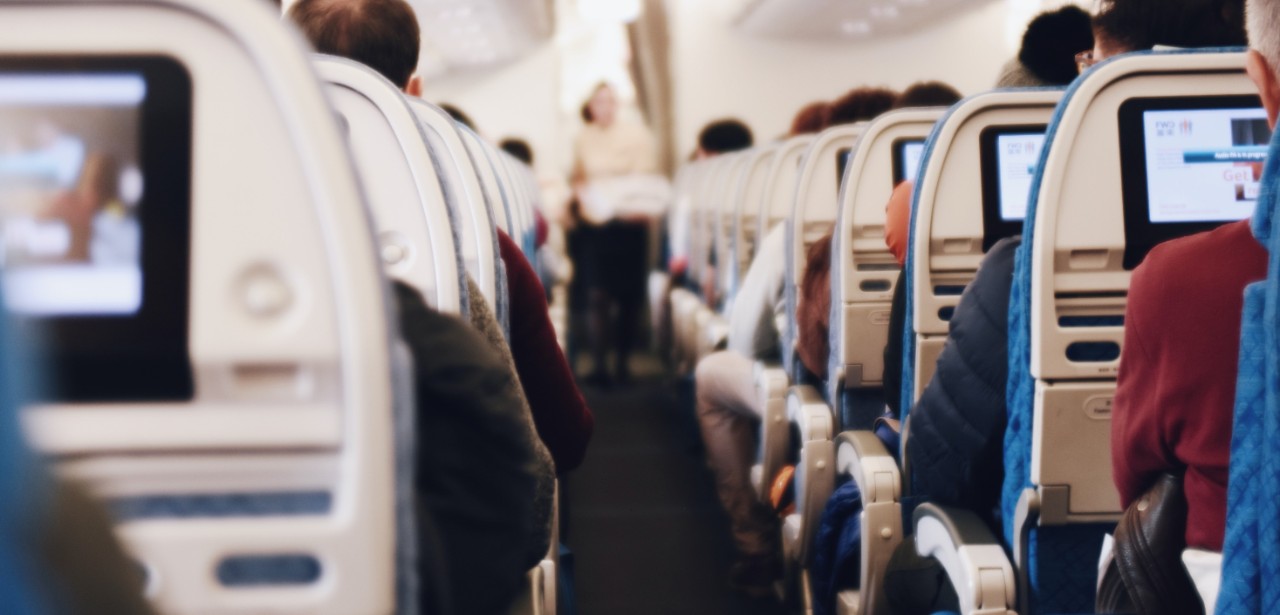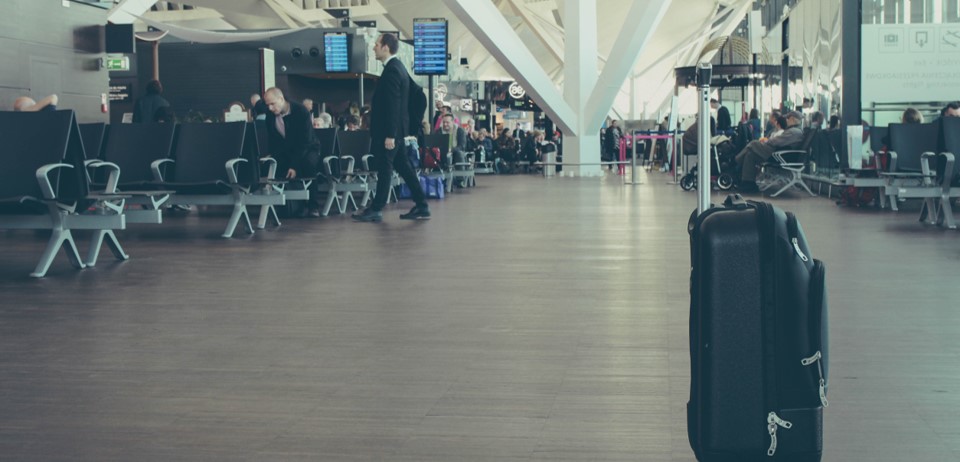Going for a holiday with your children can be much fun and exciting. It can be amazing to watch your kids playing around and experiencing the new environment. However, there are many safety measures that you need to consider before bringing them with you in the trip.
Before leaving
Right after you book your trip, arrange a schedule to meet with your physician. He/ she can recommend you and your children about certain health concerns that you can face. In addition to that, you may be advised to get some vaccinations and examinations to make sure that you are protected during the tour. Secure travel insurance for your family as soon as possible.
Basic Packing
While packing things for your luggage, always consider bringing with you some sunblock creams for your children, head protection (hats), sunglasses, mosquito repellent that is suitable for kids, and some mosquito nets. Keep the essential things within the reach. You may try our Travel Checklist (TCL) to prepare the travel so you don't miss out anything.
First Aid Kit
If you are traveling to hot and humid developing regions, make sure you will prepare a customized first aid kit for your children. Include medications such as antibiotics, analgesics, rehydration packs, motion sickness medications, sterilizing tablets (for baby bottles), children antiseptics, and travel thermometer. However, these should only be used on basic treatment. You may need doctor’s advice if extreme conditions happen as he or she knows the specific amounts, instructions on how to take and the medication’s compatibility to the patient. You can find how to prepare the first aid kit.
Vaccines and Your Kids
Vaccination requirements for travellers may vary from country of destination. Some may require shots for tetanus, diphtheria, whooping-cough and polio. Most of the countries don’t necessarily require taking shots for tuberculosis, chicken pox, measles and meningitis. Ask your doctor about the necessary vaccinations to take by you and your kids.
Specific vaccinations include:
- Yellow fever
- Typhoid fever
- Hepatitis B
- Hepatitis A
- Cholera
Malaria
This type of illness is serious and can be fatal if not treated urgently. It is strongly recommended to take extra precautionary measures when traveling to malaria zones particularly tropical countries. You can catch malaria though mosquito bites that are infected with malaria parasites. These types of mosquitoes are hunting their prey during night time from dusk until dawn.
To protect yourself and your children from this organism, use mosquito repellent creams and mosquito nets at night time for the kids. Additionally, your family can wear long sleeves and jogging pants when your sleep. Find out the symptoms and how to prevent the Malaria.
If you will encounter a serious health problem while traveling, don’t hesitate to contact your travel health insurance provider to get assistance.
Travelling With a Baby
Feeding an infant while traveling can be a bit challenging. When you travel for a long period of time, make sure that you carry along baby bottles with formula milk with you. However, it is highly recommended to give your child breast milk if he/she is still below six month old. The baby bottles are just acting as a supplement in case you don’t want to feed with mother’s milk.
Preparing the infant bottles may take tedious effort. Use purified water or sealed mineral water and the bottles should be sterilized before using. It is essential to have an idea where to buy baby formulas and other related items on your destination location. So before you take off, make a quick research of the available grocery stores or shops on the area.
Diarrhoea
This type of sickness is very common to most travelers. When you visit a new environment, where there is new weather condition, sanitary condition, or different social practices that are not the same as your home country, chances of developing diarrhea is high. Although this is not a very serious illness, it can be very uncomfortable during the trip, causing several symptoms of Diarrhoea.
To prevent from acquiring diarrhea, be really careful of what you eat and drink.
- Also always keep in mind to wash your hands regularly with soap and water especially before & after meals, and after taking the toilet
- Children should keep their finger nails short during the entire trip to keep germs from getting stuck on the under the nails
- Make sure that only drink liquids that are in bottles, without ice if possible
- For children, let them eat cooked foods and make sure that you labels of the dairy products
- Limit yourself and your kids from eating raw and open fruits or vegetables
Given that the condition has happened, eat soft meals such as porridge or soups until the stools are normalized. Don’t forget to let your child drink plenty of liquid to avoid getting dehydrated. Additionally you can offer him/her to take a hydration medication to fight against dehydration; or you can make your own solution by adding five teaspoons of sugar and half teaspoon of salt in a liter of water.
If you are lactating mother, give your infant with liquid to drink in between sessions before nursing. In case the child vomits, you can use a rehydration solution in a spoon as an alternative. For older children, minimize giving them dairy-based products such as milk and yogurt; fried foods, whole grain cereals and meat sauce. On the other hand, you can give them lean meats, carrots, banana, dry toast & pasta.
Some Tips
- If you are taking the plane, have your infant take liquids from its bottle
- Minimize long trips using cars or coaches on very hot climates especially when you are carrying kids with you
- Always be mindful to shield your child from the heat of the sun by keeping him/her on your shade and fresh air. For older children, you can apply some sunblock on their skin and let them wear sunglasses
- Let the kids use proper clothing that matches the season of your destination areaIf you are on the beach, avoid letting your child walk barefooted. Instead let him/her wear some slippers or beach shoes to protect his/her feet from harmful particles on the sand such as insects, waste, broken glasses or animal droppings
- During swimming time, always keep yourself alert to watch over your children
- As much as possible, avoid letting them dip on stagnant ponds due to the hazard of getting parasites
- Avoid letting the children to touch the animals they meet along the way. These may be rabies infected and might bite your children

